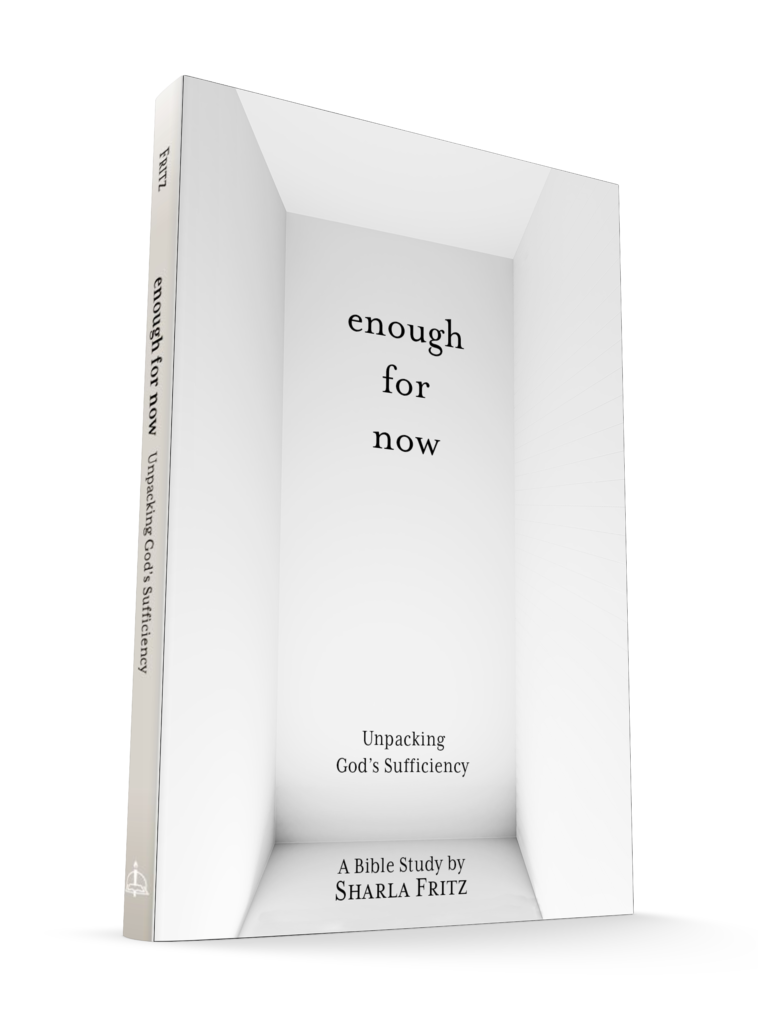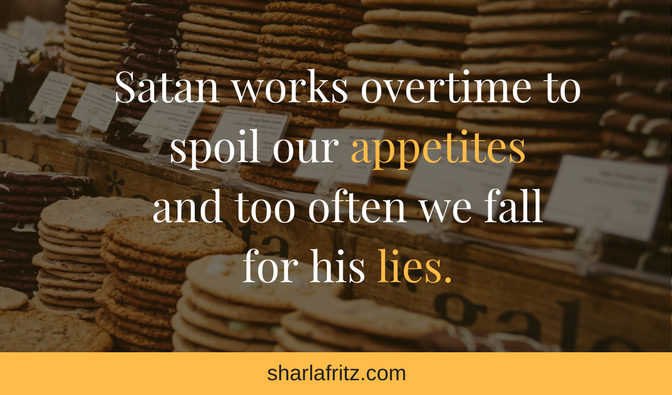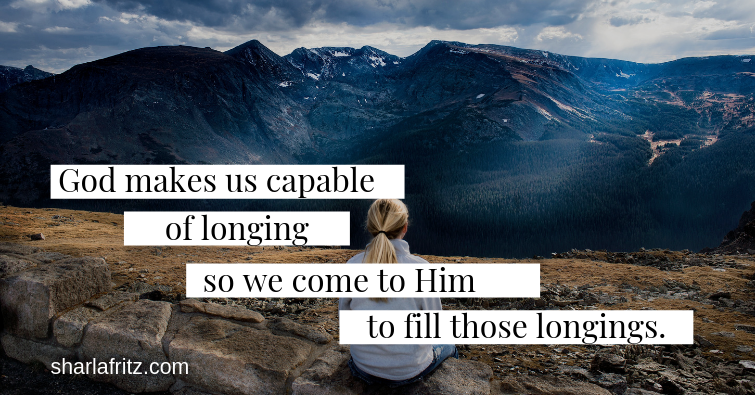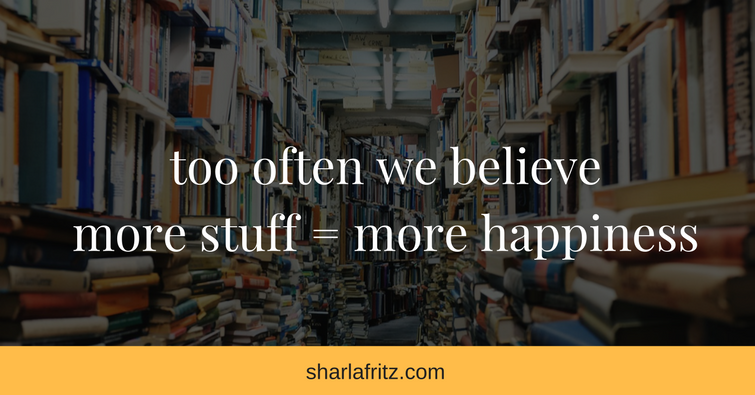
“Don’t do it,” I told myself as I started down the basement stairs.
“Don’t do it,” I repeated as I walked toward the shelf where my secret stash sat.
“Don’t do it,” I said again, as I opened the container.
But I did it. I grabbed a piece of mint-chocolatey goodness and popped it in my mouth. The shouts of the chocolate calling my name were louder than my own voice urging me not to give in to temptation.
I keep my stash of dark chocolate in a tin in the basement. My rationale is: out of sight, out of mind. And if the chocolate calls so loud that I can’t ignore it, at least I burn a few calories going down to the basement to get it. (Surely, going up and down one flight of stairs burns two hundred calories, right?)
Sometimes I’m able to ignore the voice of the chocolate, but sometimes, no matter how many times I tell myself, “Don’t do it,” I go down and raid my secret stash.

Chocolate Cravings and Human Desires
Chocolate cravings aren’t the most heinous of desires, but they certainly provide a good illustration of how our sinful nature does not always want what is best for us.
This week I’ve been reading through Galatians and this verse struck me:
So I say, let the Holy Spirit guide your lives. Then you won’t be doing what your sinful nature craves. The sinful nature wants to do evil, which is just the opposite of what the Spirit wants. And the Spirit gives us desires that are the opposite of what the sinful nature desires. These two forces are constantly fighting each other, so you are not free to carry out your good intentions. (Galatians 5:16-17)
The whole discussion of desires is what motivated me to study the concept of enough. I spent a year exploring what the Bible said about finding enough, about finding contentment. (Click here for more of my posts on this topic.) Just like I sometimes ignore my own inner pleadings to ignore the shouts of the chocolate in the basement, sometimes I go against the Spirit’s nudgings and seek to satisfy more serious cravings of my sinful nature even though, deep down, I know they aren’t good for me.
As long as we live in this human body, we will have this struggle.
When Paul wrote “live by the spirit,” he used the present tense of the imperative mood in Greek. In layman’s terms, this indicates habitual conduct. We must continually listen to the prompting of the Spirit. We must always work in the power of the Spirit. Otherwise, we will constantly go back to our default mode of gratifying our sinful, human desires.
Live By the Spirit
As I thought about this, I wondered what it would mean to continually live by the Spirit. Here are a few ideas of what it looks like in my life.
- Spend time in God’s Word. God speaks to me through Scripture. As I read, the Holy Spirit gives me guidance, teaches me about God’s kingdom, and reassures me of the Father’s love.
- Incorporate times of silence. I find I usually need silence in order to hear God’s voice more clearly. I’m trying to start my Bible reading each day with a couple of minutes of silence to quiet my mind. Also, every month, I try to take a personal retreat–a morning to read, journal, and purposefully listen to what God wants to say to me. (If you would like to try this, read my post about taking your own personal retreat.)
- Pay attention to feelings of dread or anxiety. These feelings may be signs that I am following the desires of my sinful nature. I take these emotions to God in prayer and ask Him to help me sort them out.
- Memorize God’s Word. When I have Scripture stored in my heart, the Holy Spirit can pull up the appropriate verse to speak to me in His language.
- Limit time exposed to social media, advertising, and shopping. All of these things can feed my human nature, spurring on discontent, envy, and false desires.
As I practice these things I am better able to follow the path God has for me. Romans 12:2 says, “Don’t copy the behavior and customs of this world, but let God transform you into a new person by changing the way you think. Then you will learn to know God’s will for you, which is good and pleasing and perfect.” The world and Satan will always try to make us fear and doubt God’s will for us. But Paul reassures us that God’s plan for our lives is continually good. When I remind myself of that fact, I’m able to live by the Spirit and shut out the old desires that only lead to pain, anxiety, disappointment, and disillusionment.
And maybe I’ll also be able to ignore the calls of the dark chocolate stored in my basement.





























